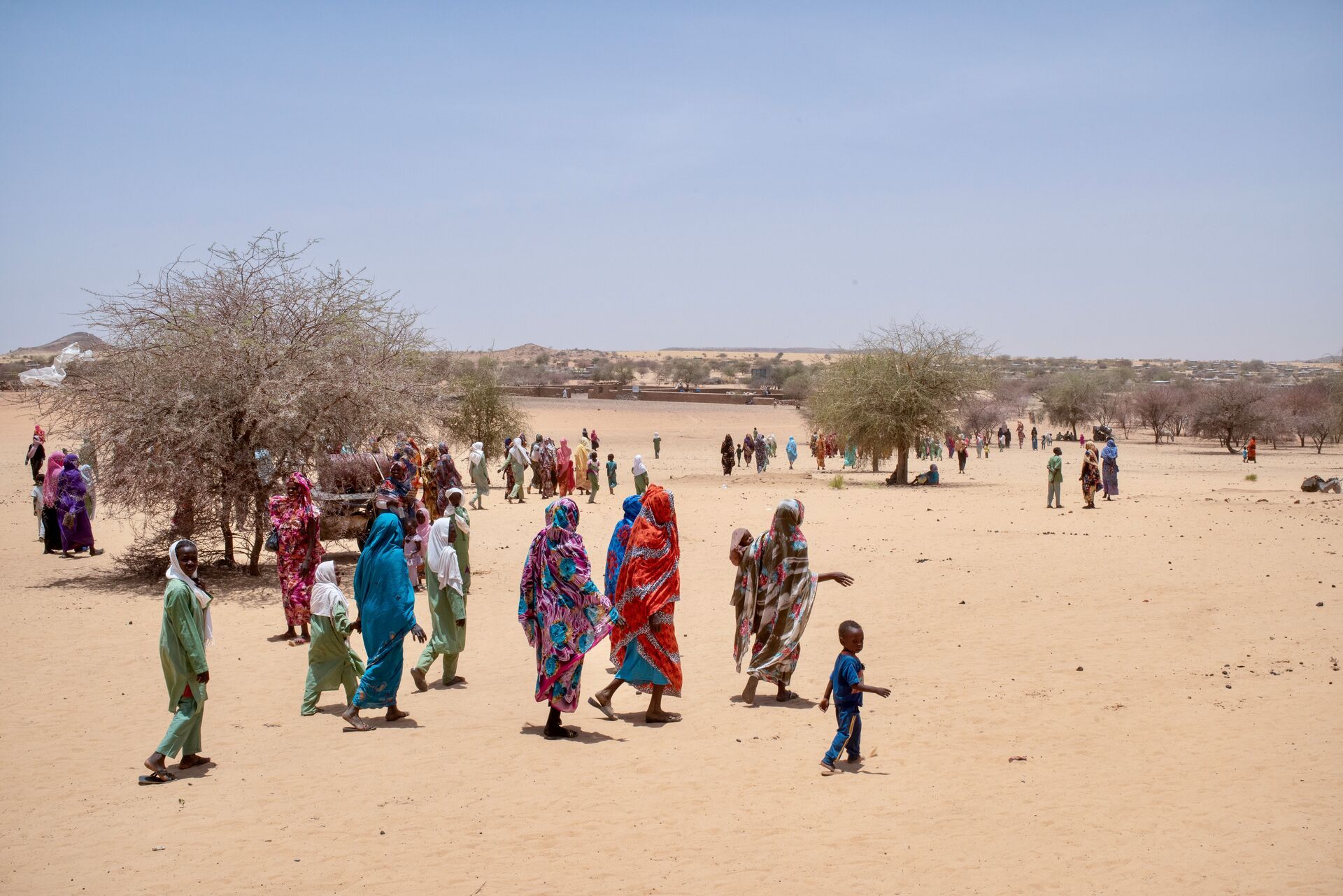
India’s role as one of the original drafters of the resolution to end plastic pollution lauded
Nairobi: The war in Ukraine figured prominently on the opening day of the UN Environmental Assembly (UNEA 5.2) here on Monday, February 28, 2022.
The European Union (EU) expressed displeasure, also for Serbia, Bulgaria and Ukraine, regarding Russia’s act of aggression towards a neighbouring country, calling on Moscow to deescalate, dialogue, cease actions, unconditionally withdraw, and fully respect Ukraine’s sovereignty. However, through a point of order, Serbia clarified that they were not aligned with the EU statement.
Exercising a right of reply, Russia stressed that for the past eight years, “the Kiev (Kyiv) regime has sabotaged the Minsk agreement, shelling the Donbass area, killing civilians, and destroying civilian infrastructure,” and lamented that the EU had done nothing to alleviate the suffering of peoples in Donbass.
Iran in the meantime called on members not to ignore the different challenges facing countries across the world, in accordance with the principle of common but differentiated responsibilities.
A steady stream of delegates arrived in Nairobi for the resumed fifth session of the UN Environmental Assembly (UNEA 5.2) which opened at UN Environment Programme (UNEP) headquarters with high expectations for the establishment of an intergovernmental negotiating committee (INC) on plastic pollution. Throughout the day, delegates met in plenary, and in a Committee of the Whole (COW), which swiftly initiated three contact groups to address, sustainable lake management; environmental aspects of minerals and metals management; science policy panel for chemicals, waste and pollution; and nature-based solutions (NbS).
Also read: UN Environment Assembly opens with eyes on plastic pollution
COW Chair Andrea Meza Murillo, Minister of Environment and Energy and Vice President of UNEA, Costa Rica, later in the day informed delegates that the draft ministerial declaration on UNEP@50 had been endorsed and recommended for adoption. The COW approved the resolution establishing an INC on plastic pollution, titled “End plastic pollution: Towards an international LBI”, which they forwarded to UNEA for adoption. Japan noted that it was looking forward to working on beating plastic pollution through the INC and through the Osaka Blue Ocean Vision. Thanking Rwanda, Japan, and India as the original drafters of the resolution, Peru lauded delegates for their commitment to delivering a binding instrument to combat plastic pollution. Welcoming the resolution, Venezuela though expressed reservations on references to the UN Convention on the Law of the Sea (UNCLOS), noting it was not a party to that Convention.
Murillo further announced that the Open-Ended Committee of Permanent Representatives (OECPR-5.2), had approved three resolutions on the animal welfare-environment and sustainable development nexus; sustainable nitrogen management; and the Future of the Global Environment Outlook.

UNEA President Espen Barth Eide, Norway’s Minister of Climate and the Environment, opened the proceedings, emphasising the fight against plastic pollution with the new UNEA meeting gavel made of recycled plastic by Gjenge, a Nairobi-based recycling startup.
The Scientific And Technological Major Group reported on the Scientists’ Declaration on the Need for Governance of Plastics Throughout Their Life Cycles from a webinar held on February 16, 2022, which highlights that a robust global treaty for plastics is required to address the impacts of plastics on climate, biodiversity, human health, and the environment.
The Workers And Trade Unions Major Group highlighted the need to recognize the role and interest of recyclers in plastics management, while the Business And Industry Major Group highlighted the resolutions on plastics and the sound management of chemicals, stressing that the business community is committed to being part of the solution.
Bahrain, with Costa Rica, Belgium, France and others including the EU, stressed the importance of commencing the work of the INC for a legally binding instrument (LBI) on plastic pollution. Belgium also highlighted the significance of establishing a science-policy panel on chemicals, waste and pollution.
Inger Andersen, Executive Director of the UN Environment Programme (UNEP), stressed the importance of multilateralism in addressing the environmental crisis. She said: “a huge responsibility sits on our shoulders…a responsibility to deliver solutions to the triple planetary crisis of climate change, the crisis of nature and biodiversity loss, and the crisis of pollution and waste.”
Significantly the Farmers Major Group lamented the absence of the word “farmer” in all 17 resolutions forwarded to UNEA. It highlighted farmers’ rejection of the market-based solutions proposed at the UN Food Systems Summit 2021, which failed to recognize traditional knowledge. Similarly, the Indigenous Peoples Major Group stressed the need to recognize the rights of Indigenous Peoples as part of NbS and called for the inclusion of their group in the political declaration of UNEA 5.2. The Women Major Group too expressed concern over the “deprioritization” of the rights of women, noting the importance of addressing land tenure rights in resolutions on NbS and mineral resources.
– global bihari bureau





